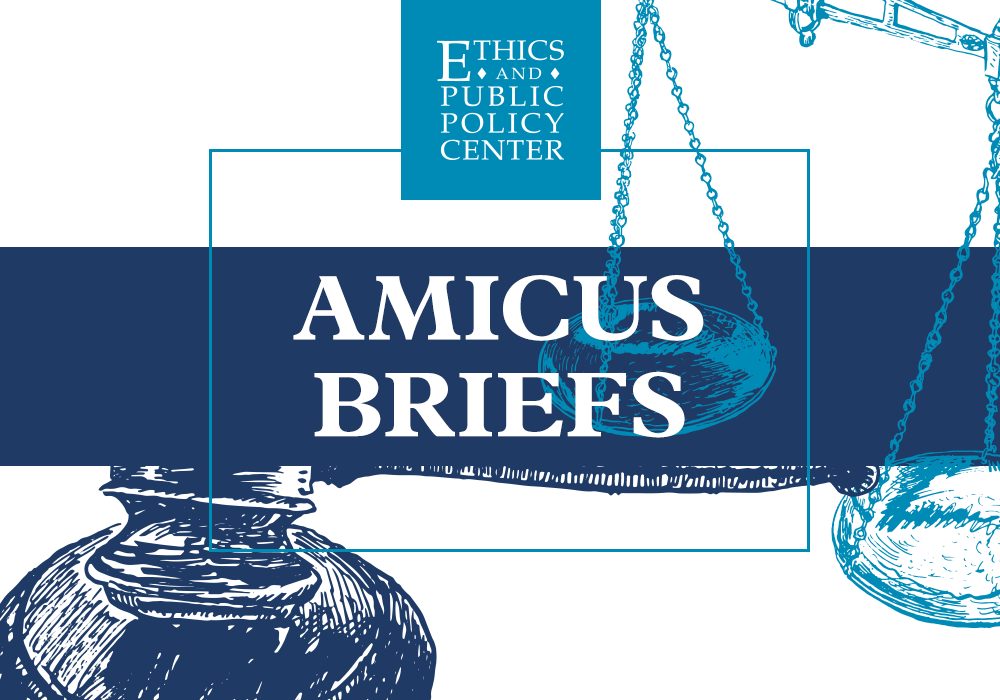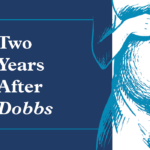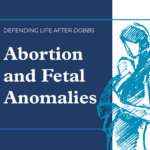
Published June 14, 2024
On June 14, 2024, EPPC filed an amicus brief in Chestek v. Vidal, urging the Supreme Court to hear a case involving whether the Patent and Trademark Office (PTO) is generally subject to “notice-and-comment rulemaking,” a process that guarantees interested parties an opportunity to influence the development of rules that have the force and effect of law.
EPPC fellows Rachel N. Morrison and Eric Kniffin partnered with the Cato Institute to submit the amicus brief to emphasize the importance of the notice-and-comment process. Both organizations have a strong interest in protecting the right to participate in the agency rulemaking process and in preserving their own opportunities to help shape public policy. In recent years, EPPC has become an active participant in the agency rulemaking process, providing comments on proposed rules and educating others on how to engage.
The brief explains:
“The procedural requirements of notice-and-comment rulemaking are legal obligations and exist for a reason. They hold agencies accountable to the public and foster reasoned decisionmaking . . . They introduce a democratic element into administrative processes and create a basis by which agency rules can be invalidated when they are ‘arbitrary and capricious.’
All interested persons, but especially regulated parties, benefit from this process. The right to notice-and-comment rulemaking is not a bare and meaningless procedural right. When agencies circumvent notice-and-comment rulemaking, it imposes real costs on parties, and public policy suffers.”
The brief urged the Court to hear the case to ensure that the PTO follows “notice-and-comment requirements when making rules that can have serious consequences for private citizens.”
Read the full amicus brief here.
Eric Kniffin is a fellow at the Ethics and Public Policy Center, where he works on a range of initiatives to protect and strengthen religious liberty as part of EPPC’s HHS Accountability Project.







